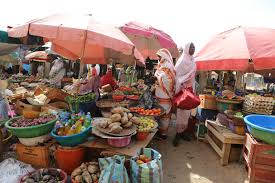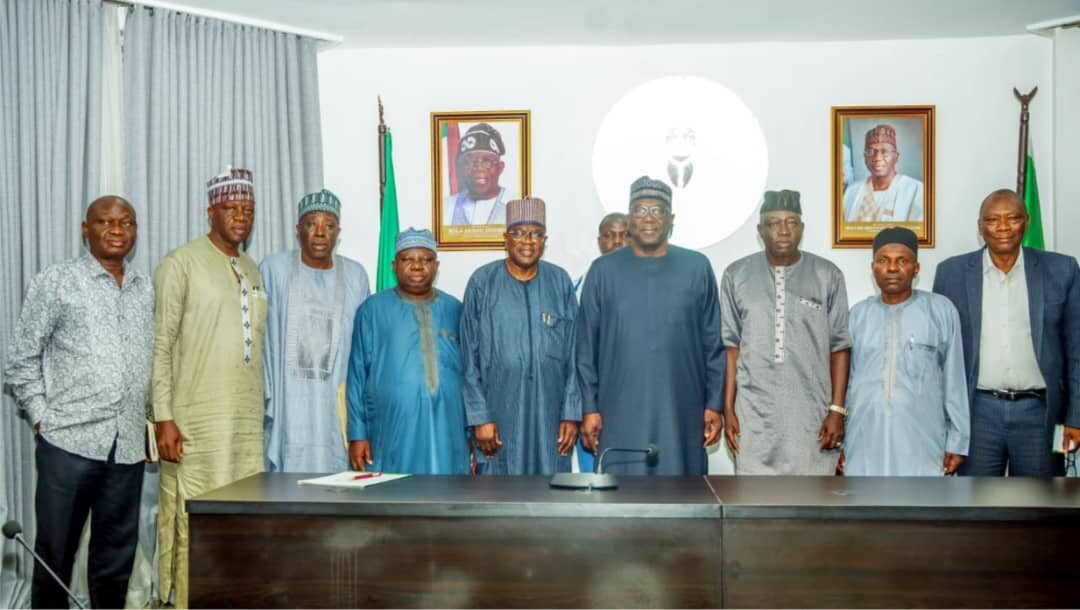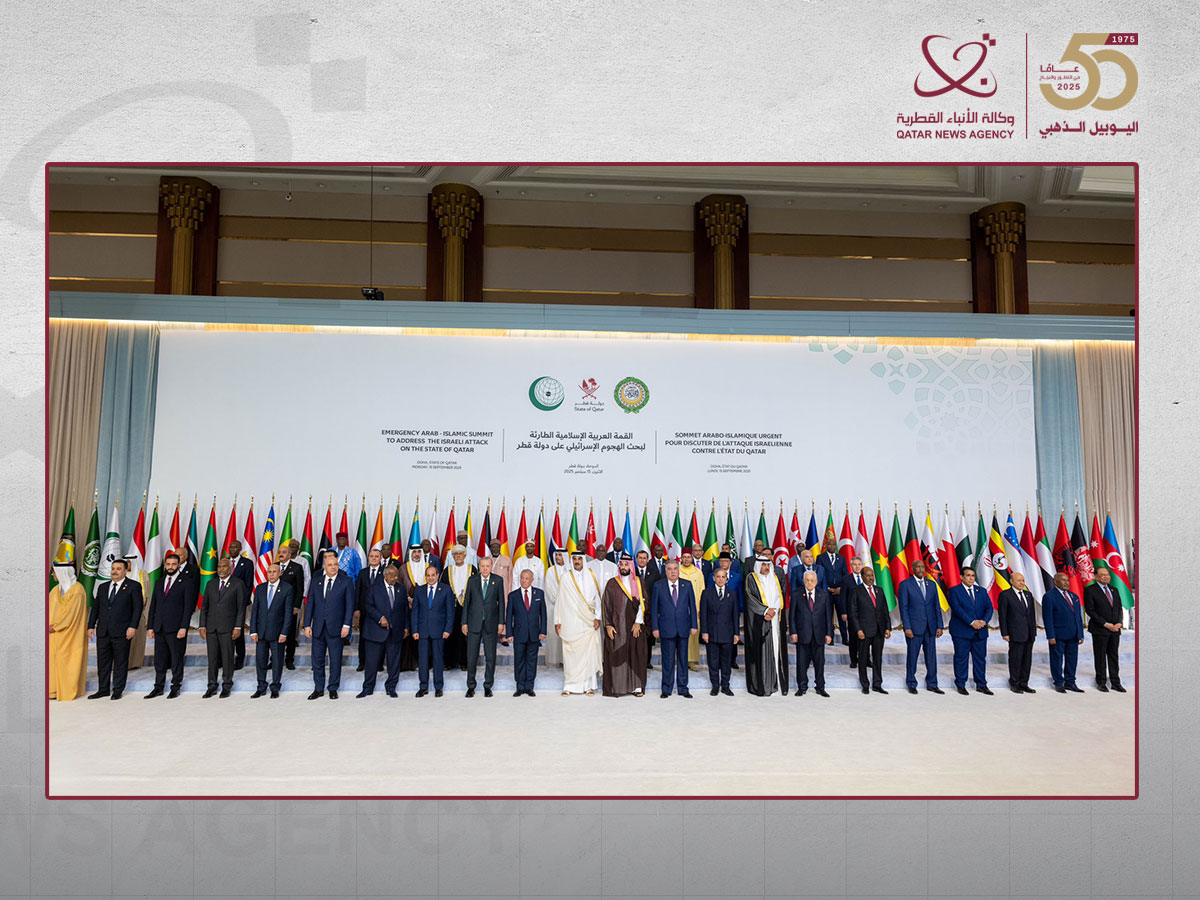By Ghana News
Copyright ghanamma

Foreign nationals are systematically circumventing Ghana’s laws protecting indigenous traders by using Ghanaian associates as business fronts, exploiting weak enforcement that has allowed them to control an estimated 60% of local commerce despite legal prohibitions.
The widespread practice, known as “fronting,” allows foreign merchants to operate in sectors legally reserved for Ghanaians by partnering with locals who provide business registrations and signboards while foreigners run the actual operations. The violation has reached crisis proportions, with trader associations issuing ultimatums to foreign retailers in major commercial centers like Abossey Okai.
Louis Yaw Afful, an international trade expert and AfCFTA consultant, warns the regulatory vacuum stems from jurisdictional confusion between agencies. While GIPC oversees large-scale investments, the Ministry of Trade handles retail operations, creating enforcement gaps that foreign nationals readily exploit.
“Most of the time, these agencies operate in silos. GIPC looks at investments, Trade looks at retail, and coordination is limited,” Afful told The High Street Journal. “This gap has enabled foreign traders, often using Ghanaian associates as fronts, to operate in sectors legally reserved for natives.”
The proxy arrangements allow foreign nationals to establish businesses in sectors including small-scale retail, local transportation services, and neighborhood commerce that lawmakers specifically intended to protect indigenous livelihoods. Many foreign operators maintain day-to-day control while using Ghanaian names on official registration documents.
Just days ago, GIPC Chief Executive Simon Madjie issued fresh warnings to foreign investors, emphasizing that Section 27(1) of the Ghana Investment Promotion Centre (GIPC) Act, 2013 (Act 865) clearly barred foreigners from engaging in petty trading and other businesses strictly preserved for Ghanaians. Despite these explicit prohibitions, foreigners continue to engage in retail trading in areas such as Abossey Okai and many other places.
The economic consequences are already visible in major commercial centers across Ghana. Foreign nationals now control 60 percent of local commerce, threatening indigenous businesses with extinction as enforcement of investment laws remains weak, according to Ghana Union of Traders Association (GUTA) President Joseph Obeng.
Recent tensions have escalated dramatically, with several foreign retailers, largely Nigerians, shutting down their shops after a series of confrontations and heated exchanges following ultimatums that expired on September 11, 2025. The Abossey Okai Spare Parts Dealers Association has since issued renewed 14-day deadlines for foreign retailers to vacate.
Government revenue losses compound the problem, as many proxy-operated businesses operate informally or under-report their actual activities, resulting in uncollected licensing fees and reduced tax compliance. The practice also undermines the policy intent of laws designed to build indigenous commercial capacity.
Current enforcement mechanisms have proven inadequate to detect or prevent these arrangements, according to Afful. Limited coordination between the Registrar-General’s Department, GIPC, Ghana Revenue Authority, and local assemblies has created multiple oversight blind spots that sophisticated operators can navigate with relative ease.
Rising frustration among local trader associations has escalated into direct action, with GUTA backing ultimatums to foreign retailers despite later denying plans to forcibly close shops. The tensions highlight the desperation among indigenous traders who see their livelihoods threatened by systematic violations of laws meant to protect them.
Relief may come through a pending GIPC amendment bill currently awaiting parliamentary approval. The proposed legislation aims to clarify investment definitions, explicitly define sectors reserved for indigenous Ghanaians, and introduce meaningful sanctions for violations.
“Once passed, the amendment will provide the legal teeth needed to enforce the rules and prevent foreigners from bypassing restrictions through Ghanaian fronts,” Afful explained. The bill represents the most significant attempt to close regulatory loopholes that have enabled widespread circumvention of indigenous trader protections.
Afful advocates immediate reforms including coordinated inspections involving all relevant agencies, mandatory stakeholder meetings between regulators and trader associations, and comprehensive public education campaigns to clarify which sectors remain legally protected for indigenous operators.
The enforcement challenges highlight broader tensions as Ghana seeks to balance its commitments under the African Continental Free Trade Agreement with domestic laws protecting local entrepreneurs. While the country pursues increased trade and investment flows, existing protections for indigenous commerce require urgent strengthening.
Without decisive action, Afful warns, sectors specifically designed to empower Ghanaian traders could be permanently compromised by foreign operators who exploit regulatory weaknesses while legitimate local entrepreneurs struggle to compete on an increasingly uneven playing field.
The proxy business model represents a sophisticated challenge to Ghana’s economic sovereignty that demands coordinated regulatory responses and stronger enforcement mechanisms to preserve the economic opportunities lawmakers intended to protect for indigenous citizens.



